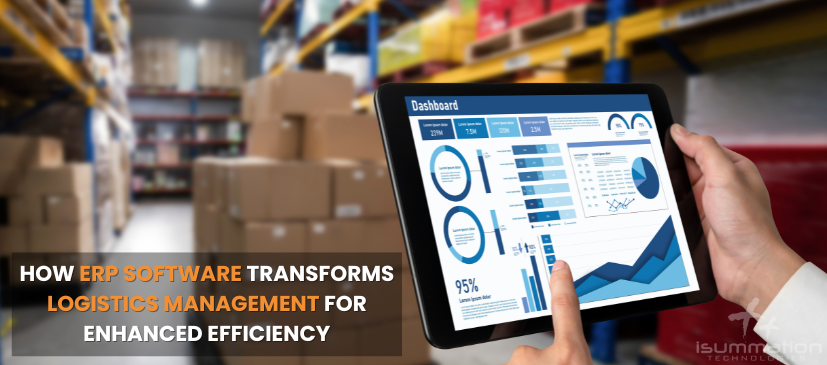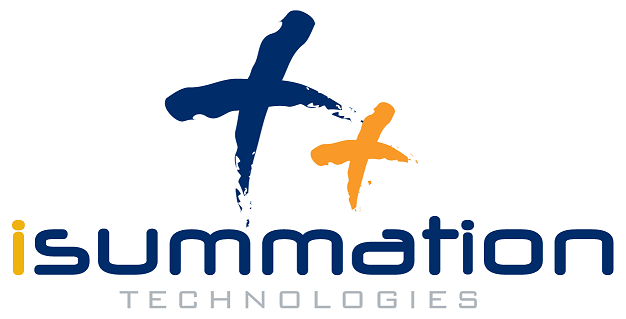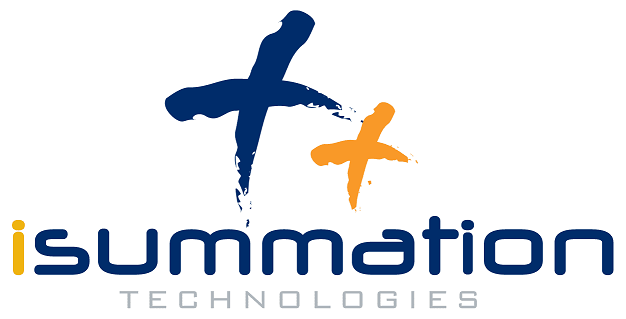- May 20, 2025
- Posted by: iSummation Team
- Category: Strategic IT

For decades, traditional industries have relied heavily on legacy systems to manage operations, supply chains, and customer relationships. These systems, while robust in their heyday, now struggle to keep pace with contemporary business expectations. The global demand for seamless data integration, real-time analytics, and digitised workflows has created a pressing need for digital transformation.
Digital innovation isn’t just a buzzword; it is a catalyst for redefining how traditional industries operate. Through Enterprise Resource Planning (ERP) software development and other digital tools, industries like logistics, manufacturing, and retail can transform cumbersome legacy systems into efficient, AI-powered infrastructures capable of driving profitability and long-term growth. But how do traditional industries make this leap? This blog explores the impact of digital transformation, highlights the critical role of ERP software in industries like wholesale, logistics, and provides actionable insights for transitioning from legacy systems to modern solutions.
If you’re considering upgrading your operations, get ready to unlock critical insights, actionable strategies, and a clearer roadmap to revamp your legacy systems.
Why Legacy Systems Hold Traditional Industries Back
Legacy systems, often built decades ago, may have been reliable then, but today, they often create more hurdles than they solve.
Here’s how legacy systems underperform in traditional industries:
- Lack of Flexibility: Legacy systems operate in silos, making it difficult for businesses to adjust to market changes or scale operations.
- No Real-Time Data: Without access to real-time data, identifying supply chain inefficiencies or making data-driven decisions becomes impossible.
- Inefficiency in Workflow: Manual processes in legacy systems slow operations, leaving companies lagging behind competitors.
- High Maintenance Costs: The cost of maintaining old systems grows as they become technologically irrelevant.
- Compliance Risks: Legacy systems often fail to meet today’s stringent data privacy and security regulations, posing legal and financial risks.
Traditional industries like logistics, manufacturing, and retail rely on streamlined operations, efficient data sharing, and customer-centric strategies to thrive. Without modernisation, these industries risk falling behind in a globally competitive market.
The Solution Digital Transformation
Digital transformation means more than implementing new technologies. It’s about rethinking business processes to improve productivity, scalability, and agility. For many industries, this transformation begins with upgrading old systems to intelligent platforms like ERP software.
The Role of ERP Software in Digital Transformation
At the heart of digital transformation, ERP software bridges the critical gap between technology and business intelligence. ERP software integrates core business functions—including inventory, sales, finance, logistics, and procurement—into one unified platform.
Why ERP Systems Redefine Efficiency
ERP systems built for specific industries go beyond generic management tools. They are equipped to address industry-specific pain points. For instance:
Logistics ERP Software:
- Real-time shipment tracking
- Automated fleet and route optimisation
- Enhanced compliance with trade regulations
Manufacturing ERP Platforms:
- Predictive maintenance powered by IoT
- Integration of supply chain and production workflows
- AI-enhanced demand forecasting
- Built-in customer relationship management (CRM)
- Inventory management with real-time stock updates
- E-commerce and point-of-sale (POS) integration
By tailoring ERP systems to industry needs, companies can enhance operational efficiency, identify growth opportunities, and deliver customer satisfaction like never before.
Digital Transformation in Logistics
Often considered the backbone of trade and commerce, the logistics industry has much to gain from digital transformation. With countless moving parts—from inventory to last-mile delivery—managing logistics through legacy systems is both time-intensive and error-prone.
Benefits of Logistics ERP Tools
1. Streamlined Operations with Automation
Automation reduces manual effort by enabling streamlined processes like route planning, shipment tracking, and fleet management. Logistics ERP software, such as Oracle NetSuite or SAP S/4HANA, centralises routing schedules, shipment statuses, and driver performance under a single dashboard.
2. Real-Time Tracking for Transparency
Tracking products from origin to destination ensures real-time updates for both customers and managers. GPS-powered fleet tracking, integrated into logistics ERP tools, enhances customer trust and provides actionable insights.
3. Inventory Optimisation
Logistics ERP software enables demand forecasting. With machine learning algorithms, you can avoid overstocking or running out of inventory. Just-in-time (JIT) inventory reduces costs dramatically while meeting customer expectations.
4. Cost Reduction
Through intelligent routing, logistics ERP tools reduce fuel consumption and delivery delays, helping logistics companies streamline operations and cut costs. Predictive analytics optimises fleet utilisation and minimises downtimes.
5. Improved Security and Compliance
Blockchain-enabled ERP systems ensure secure freight documentation and compliance with changing international trade regulations. This reduces the risk of disputes or legal action.
Closing the Digital Divide
The transformation from legacy systems to modern ERP platforms is more than an upgrade; it is a necessity. Across industries, the shift toward digital efficiency unlocks new operational capabilities while strengthening customer relationships, profitability, and growth potential.
No matter the industry, businesses adopting ERP solutions are better positioned to thrive in the evolving digital landscape. Leveraging tools like logistics ERP software and industry-specific ERP platforms allows for quicker data flow, operational transparency, and smarter decision-making.


